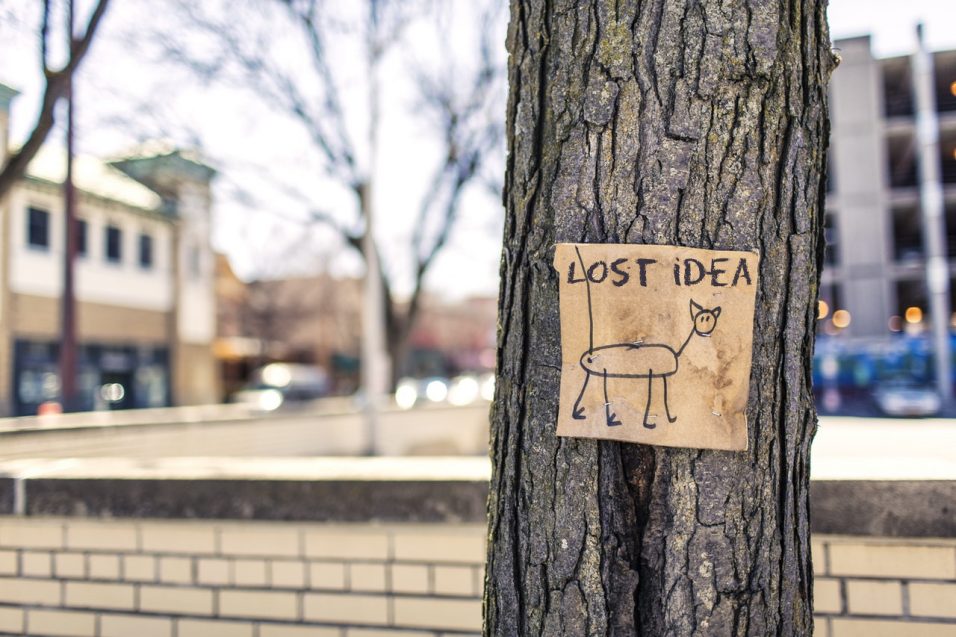Managing Tone

Writing is a superpower in the way you can reshape your own past, present and future. I think most writers have used their own past humiliations, failures, and arrests as fodder for wish-fulfillment stories; I know I have. Plenty of my fiction, especially my short fiction, is drawn directly from what we’ll call Pants Drop Moments when I managed to make a complete ass out of myself through incompetence (emotional or practical), arrogance, or a tasty combination of the two. I take that greasy kernel of shame inside me and transform it into a story by writing about what I could or should have done, and mapping out how to get there.
Or, yes, sometimes the story is just retelling the humiliation without the wish-fulfillment, which can be depressing as hell, but sometimes makes for a good story.
A moire subtle way of wish-fulfillment in writing is making your characters impossibly glib and easy with their words—the Chandler Binging of characterization. It’s tempting to make your characters effortlessly smart and funny, always coming up with perfect responses and quips. And there’s nothing wrong with that—smart characters who always nail their lines are fun, for you and the reader. But you have to be careful, because chasing the Rule of Cool with your characters’ dialog can lead you into an abyss of tone dissonance.
The Abyss of Tone Dissonance
The problem with impossibly clever characters is you can wind up with scenes where they are supposedly having Very Serious Discussions but they can’t help by spout sarcastic, clever bon mots endlessly, undercutting the seriousness of your scene. A little clever goes a long way, after all, and if your character can’t stop laying down the savage quips, it becomes annoying and exhausting, like that one guy in your bar-hopping group who’s obviously on cocaine and can’t shut the fuck up already.
Tone dissonance can also be a sign that you don’t have faith in your own work, and believe you have to jazz things up with some sick one-liners. You have to be careful that your character’s zingers are naturalistic—appropriate for the emotional weight of the scene—and that they have flow. If they’re dropping like anchors in the middle of conversations, you’re working too hard, and your readers will notice, and the one golden rule of fiction is to hide all the hard work.
Of course, if you’re basing your character on me, then naturally I do have something clever to say about everything, all the time, and yes, it’s done me more harm than good.









